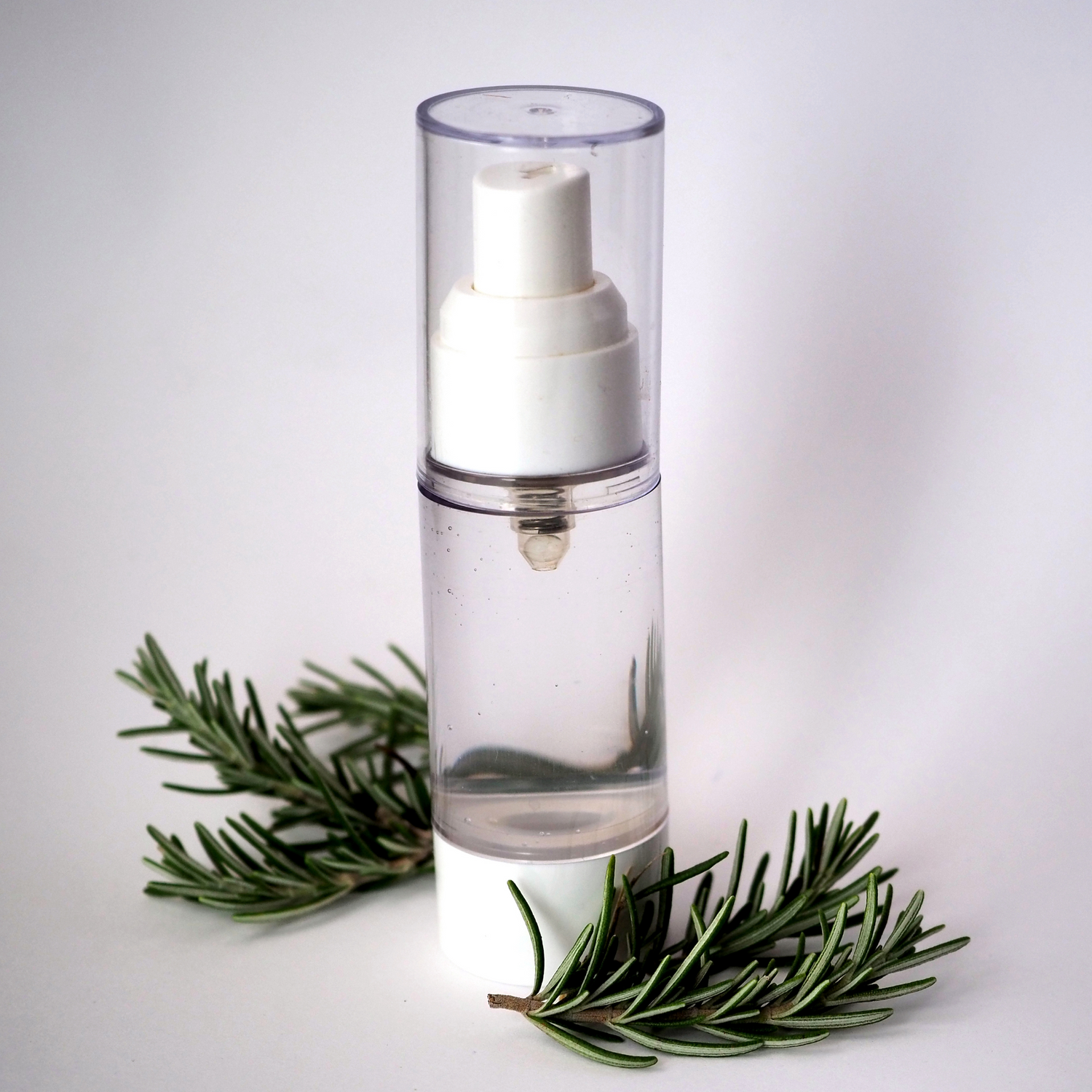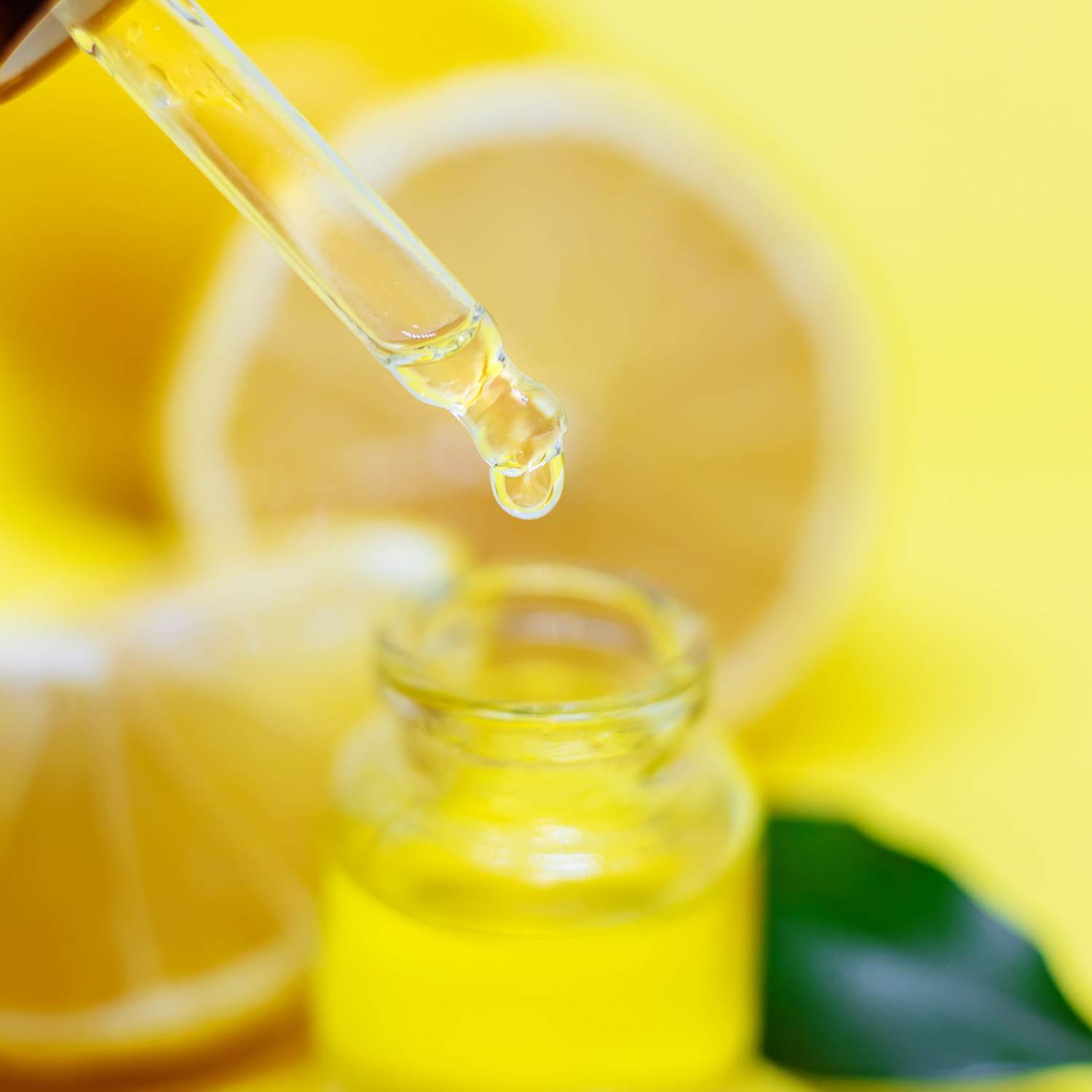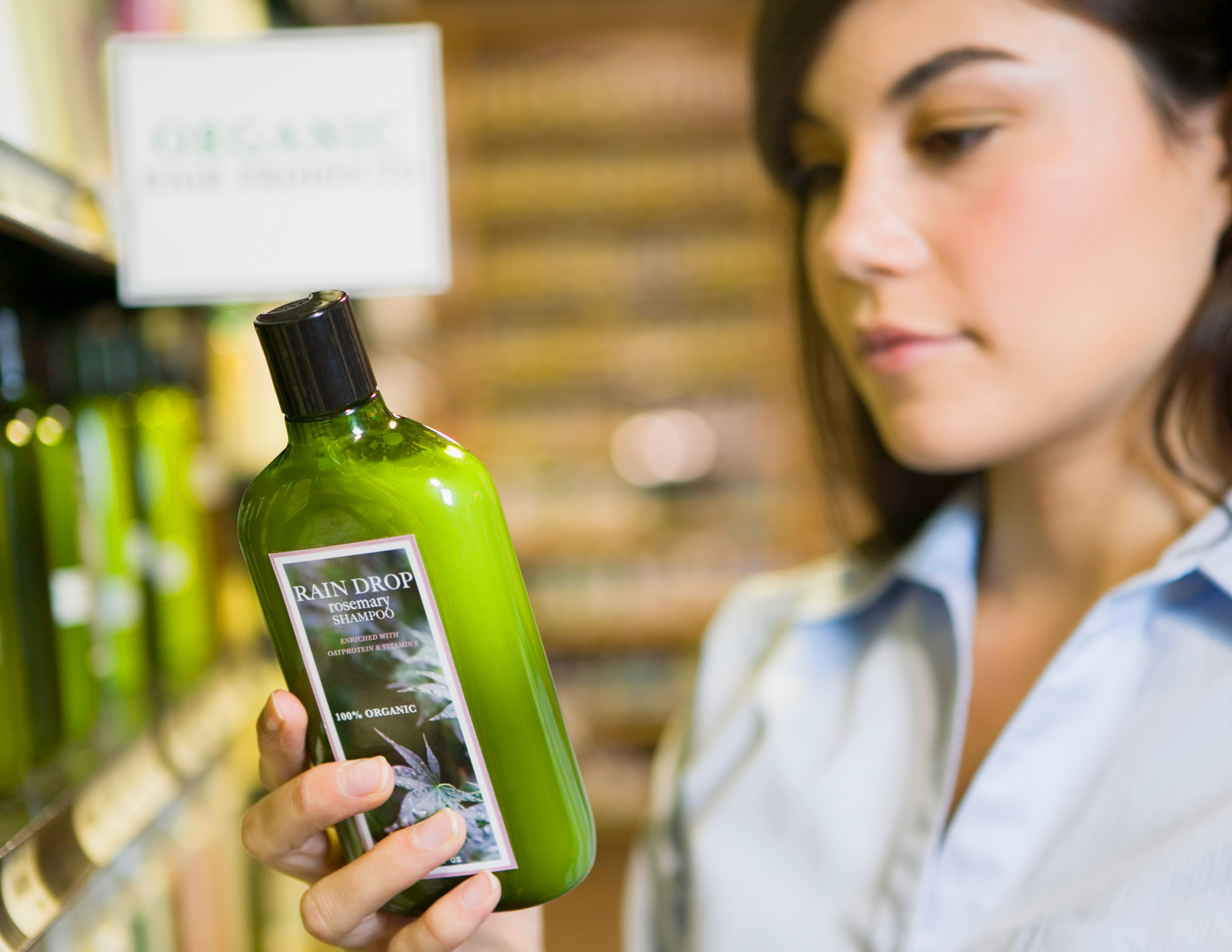Essential oils, fragrant and volatile concentrates extracted from plants, are often at the heart of numerous controversies. Accused of being irritants or allergens, they sometimes suffer from a tarnished image. However, when used with caution and in appropriate formulations, they provide numerous benefits to the skin and hair. Let's decipher the main misconceptions about essential oils in cosmetics.
Misconception #1: All Essential Oils Are Irritating
The truth: It's true that some essential oils are more irritating than others. However, most are safe to use as long as certain precautions are followed:
- Dilution: Essential oils should always be diluted in a carrier oil before applying to the skin.
- Allergy Test: If you are prone to skin allergies, it is recommended to perform an allergy test in the crease of your elbow.
- Choosing oils: Some oils are better suited to sensitive skin than others. Choose gentle oils like lavender, Roman chamomile, rose, Bois de Ho, and sweet orange.
Grapefruit, benzoin, and rose geranium essential oils may be irritating to some people.
Misconception #2: Essential Oils Are Dangerous to Your Health
The truth: Like any therapeutic product, essential oils should be used as directed. However, they are not inherently dangerous. Risks related to misuse include:
- Essential oils are dermocaustic (burn the skin) if applied directly to the skin or mixed with certain specific ingredients.
The most effective dermocautists are cinnamon bark essential oil, clove, thyme thymol and savory.
- Essential oils are photosensitizing if used in day care, as they can cause brown spots to appear on the skin when exposed to the sun and, in the long term, can cause skin cancer.
Bergamot, lemon (not to be confused with citronella), grapefruit and orange essential oils are photosensitizing.
*Note that mandarin peel (red, green) and sweet orange essences are not photosensitizing and there is now a non-photosensitizing version of lemon essential oil.
- Essential Oils and Pregnant Women
Avoid dermocaustic and photosensitizing essential oils, intense essential oils such as peppermint and essential oils rich in phytohormones such as sage.
Misconception #3: Essential Oils Are Ineffective
The truth: Essential oils have many properties for skin and hair, and they are very effective. Here are some of their properties:
- Antibacterial: They help fight against imperfections.
- Anti-inflammatories: Help reduce inflammation and redness
- Soothing: Soothe and calm irritations.
- Regenerating: They promote cell renewal.
- Powerful anti-aging: They stimulate the production of collagen and elastin, which helps reduce the appearance of fine lines and wrinkles.
- Healing: They promote tissue repair and reduce scarring.
- Aromatherapeutics : They act on emotional well-being.
In Conclusion
Essential oils, when used correctly and in the right formulations, can be true allies for beauty and well-being. However, it's essential to choose quality products formulated by experts in herbalism or aromatherapy. By choosing natural cosmetics made with essential oils, you benefit from proven effectiveness and optimal safety for your skin.







